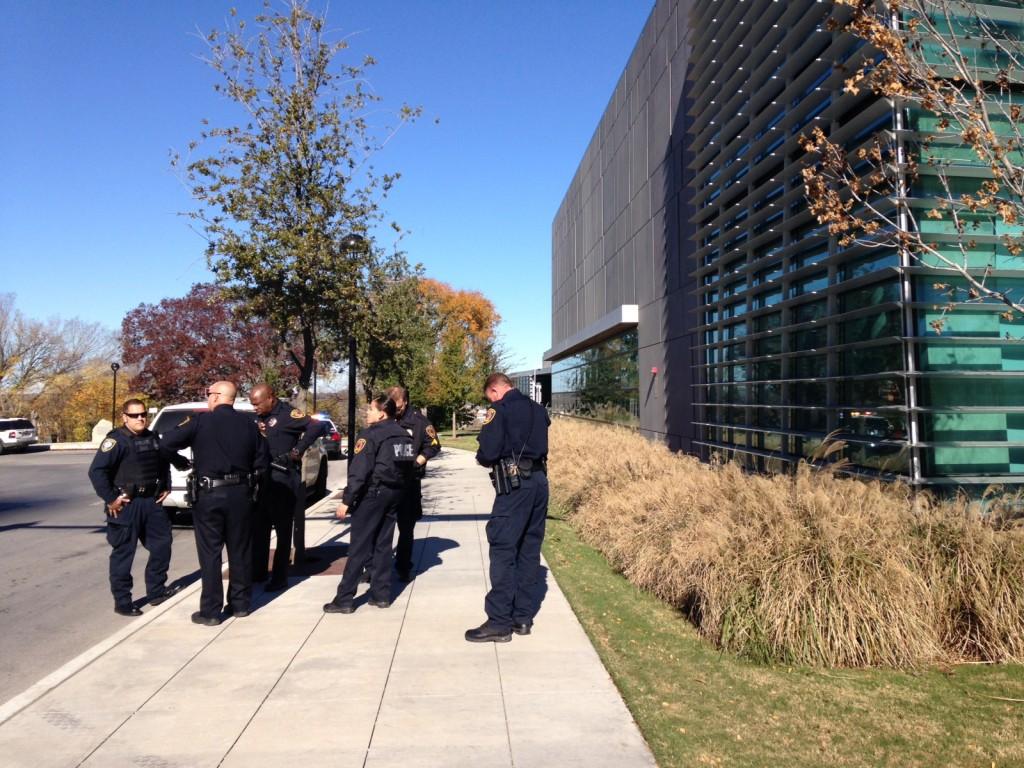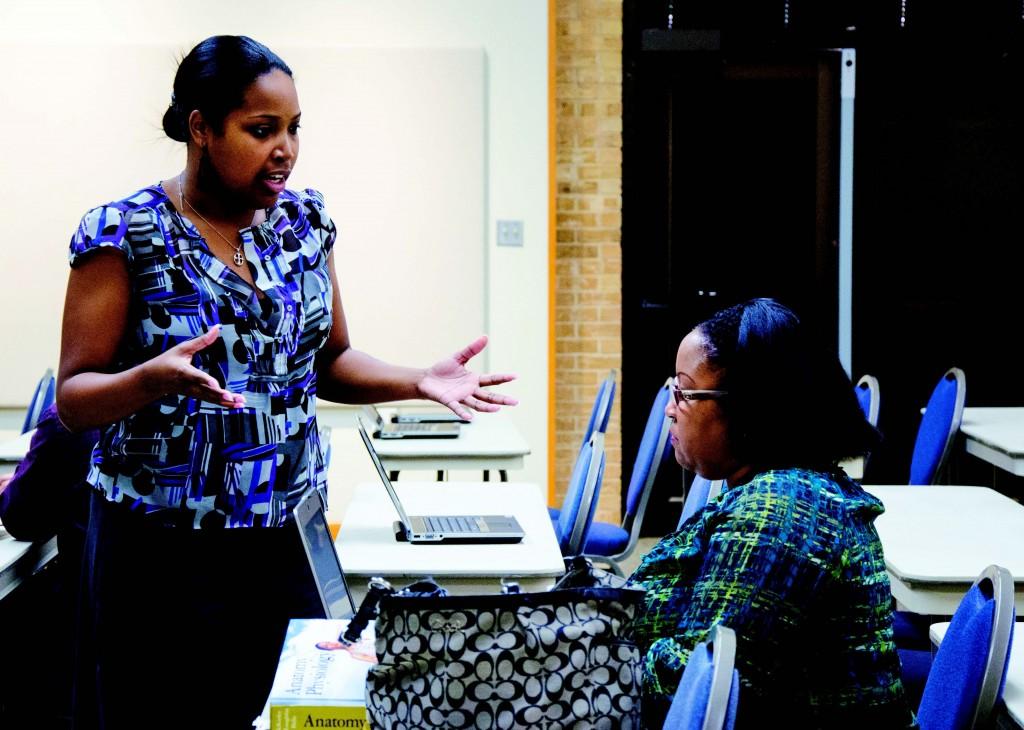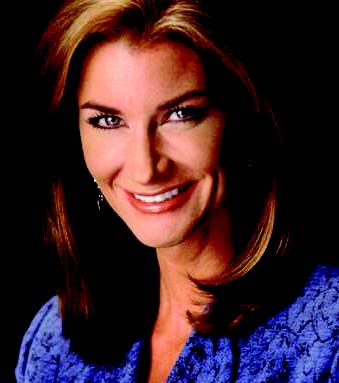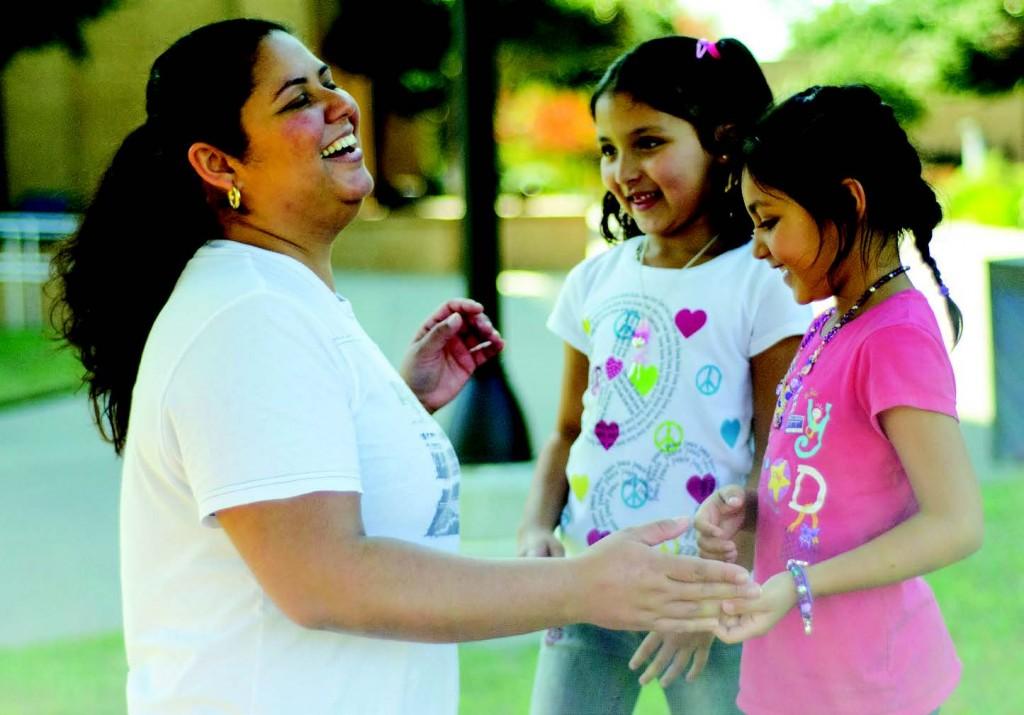By Samantha Sutton/reporter
NE Campus students and faculty discussed TCC’s Diversity and Inclusion Survey and Strategic Plan Nov. 10.
Shani Barrax Moore, director of the Office of Institutional Diversity and Inclusion, gave a quick overview of the plan and asked the audience to play her version of “diversity Jeopardy.”
Each question in the game was a definition based on diversity with answers, such as bias, socialization, ally, oppression and privilege.
After the game, Moore presented TCC’s diversity statistics. She said the data was collected in fall 2012 through a survey of 4,286 students and 1,423 employees with participation from 985 NE students and 325 employees.
Before revealing the demographic statistics for NE Campus, Moore said it was important to consider a few things about the data.
For example, NE Campus has fewer students on financial aid and Pell Grants than the other campuses.
Moore also said the campus had a higher percentage of employee respondents over the age of 55 than in the rest of the college.
“Regardless of the statistics, a lot of people do not even have the comfort level yet to talk about diversity,” Moore said.
Seventy-eight percent of students and 76 percent of employees said they feel comfortable openly addressing the issues of diversity, which Moore said was a strong percentage.
Students significantly agreed with the idea that there are multiple benefits of diversity initiatives, with figures ranging from 83 percent to 90 percent.
Moore said 77 percent of students felt a sense of acceptance and belonging on NE Campus, and students had an overall interest in learning more about different cultures while employees want more diversity-related training.
Additional strengths on NE Campus, Moore said, were the number of foreign nations represented in the student respondents and employees’ belief that they can communicate in a culturally relevant way with their co-workers.
Demographically, Moore said NE Campus had fewer percentages of African-American, Latino, Christian and non-religious respondents than in the rest of the college.
But conservative Christian respondents felt marginalized on NE Campus. Moore said this group did not feel comfortable talking about their political opinions.
After Moore’s presentation, library manager Priscilla Harrison said one particular topic stood out for her.
“I was surprised at the high percentage of students and faculty members that were uncomfortable with discussing politics and religion,” Harrison said. “I think people are afraid to voice their opinions because others are so blatant about theirs.”
In spring 2014, Moore said the NE faculty plans to create a Diversity and Inclusion Council.
At the end of the presentation, faculty members were given time to discuss plans to improve comfort levels concerning diversity. Those present agreed that a pressing issue was that students benefit from learning about diversity and that faculty will do what they can to increase awareness.


























